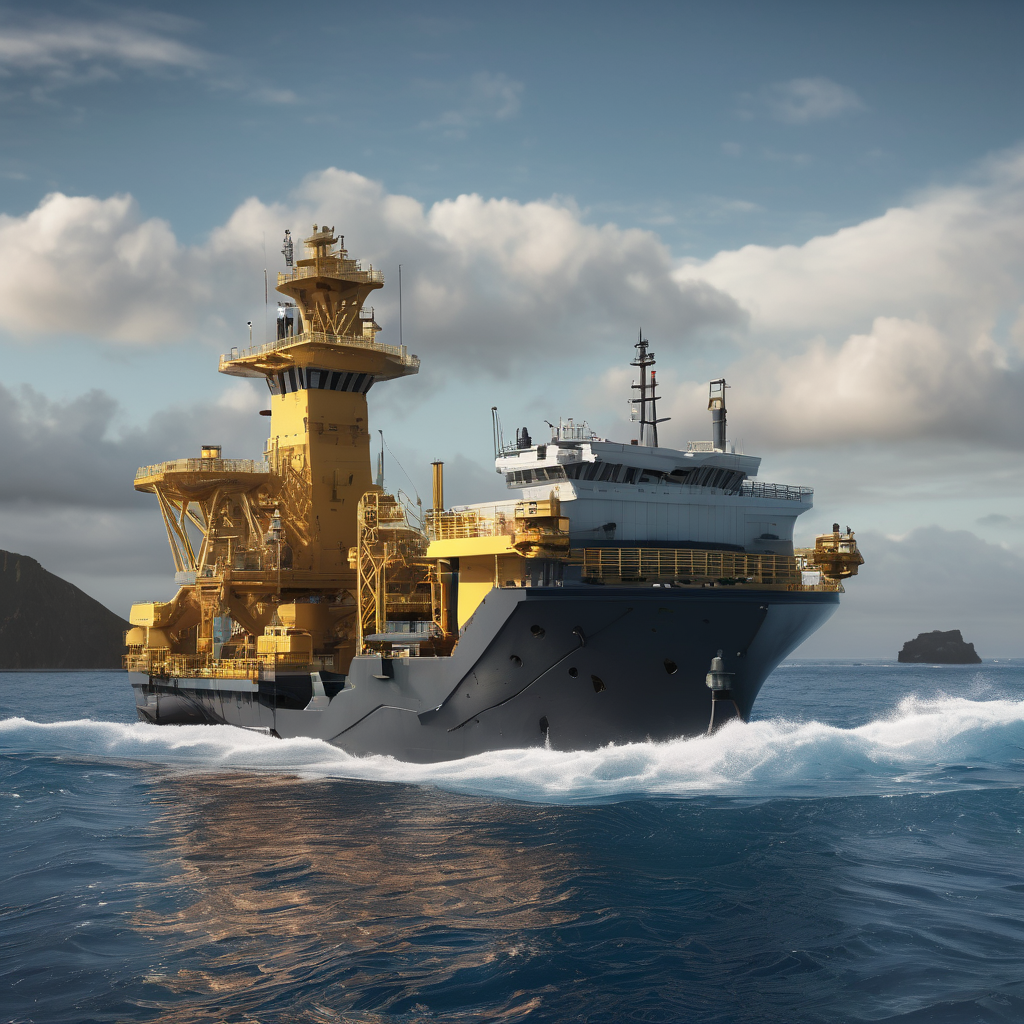Activists in the Cook Islands mounted a robust protest against deep-sea mining on Wednesday, directly confronting a U.S.-funded exploration vessel as it returned to Rarotonga. The demonstrators, armed with kayaks, unfurled a banner saying “Don’t Mine the Moana” to voice their disapproval of the recent activities conducted by the research ship Nautilus, which had spent three weeks on the ocean floor evaluating mineral deposits. The expedition has sparked concern among both local and international environmental groups regarding its potential impact on delicate marine ecosystems.
This protest reflects increasing apprehension across the Pacific about deep-sea mining, seen as harmful not just to the environment, but also as a potential infringement on Indigenous rights. Critics have highlighted that the Nautilus’s presence heralds an intensification of mining operations, which could severely disrupt marine life that is vital to the livelihoods of local communities.
The Nautilus expedition was undertaken with backing from the Cook Islands government and funding from the U.S. National Oceanic and Atmospheric Administration (NOAA). Some observers have described the effort as a façade to promote extractive industries under the pretext of scientific inquiry. Louisa Castledine, an activist and representative of the Ocean Ancestors collective, stressed the concerns surrounding global interests, particularly from the U.S., aiming to seize control over resources in the Pacific. She pointed out that seabed mining poses significant threats to both local environments and the cultural practices of Indigenous communities.
This scenario is reminiscent of past controversies related to deep-sea mining in the area. The Cook Islands has seen considerable backlash against initiatives that support seabed mining, including a contentious executive order from former U.S. President Donald Trump intended to streamline the permitting process for such explorations.
As discussions surrounding regulatory frameworks for seabed mining evolve, the Cook Islands is tasked with balancing economic opportunities with the urgent need for environmental protection. While there remains hope for meaningful dialogue that emphasizes ecological preservation, tensions persist between the desire for economic advancement and the commitment to protect vulnerable marine ecosystems.
The active involvement of community activists highlights a positive shift toward sustainable resource management that seeks to harmonize environmental integrity with the economic aspirations of the Cook Islands’ residents. As these conversations continue, there is optimism that a focus on protecting marine resources and addressing local interests can foster more equitable and environmentally responsible practices in the realm of deep-sea mining.
